In a significant diplomatic development, President Donald Trump met with Syria’s interim President Ahmed al-Sharaa on May 14, 2025, in Riyadh, Saudi Arabia. This encounter, the first between US and Syrian leaders in over two decades, signals a potential shift in American foreign policy toward Syria.
Ahmed al-Sharaa, formerly known as Abu Mohammad al-Golani, led the rebel offensive that overthrew the Assad regime in December 2024. Previously designated as a terrorist due to his past affiliations with al-Qaeda, al-Sharaa has since sought to distance himself from extremist ideologies and has been working to form a new government aimed at unifying Syria’s diverse factions .

During the meeting, President Trump announced plans to lift all US sanctions on Syria, a move that could pave the way for economic recovery and reconstruction efforts in the war-torn nation. The lifting of sanctions is expected to ease restrictions on foreign businesses and humanitarian organizations operating in Syria .
However, the process of lifting sanctions is complex. While the executive branch can ease certain restrictions, others, such as those imposed under the Caesar Syria Civilian Protection Act, require congressional approval for permanent repeal.
In a comment to Wyoming Star, Jim Krane, Wallace S. Wilson Fellow for Energy Studies at Rice University’s Baker Institute, dived deeper into the economic side of Trump’s approach to Syria:
“The big item was Trump’s agreement to lift US sanctions on Syria and his suggestions that the US may establish relations with the new al-Sharaa government. Despite the toppling of the Assad regime, Syria remains hamstrung by sanctions. No one could invest in Syria until US sanctions are lifted. The country sits in tatters from a decade of civil war and still undergoes shortages of medicine, food, and spare parts for power restoration due to outdated sanctions on a previous government. Syrians can’t even update their phones or access the web with a smartphone because Syrian IP addresses are blocked. (VPN is necessary.) Syrian banks were blocked from global financial networks, and Western banks overcomplied with sanctions, halting even unsanctioned transactions because of worries about getting fined under US law. Many of us thought sanctions would take years to remove, given the slow pace of policymaking and entrenched opposition in Washington. And overnight it moved. Trump’s move created goodwill throughout the region. Almost immediately, Dubai’s ports operator, DP World, signed a deal to upgrade and operate a Syrian port. So Trump wound up improving US relations with Syria, Turkey, Saudi Arabia, Lebanon, Qatar, and the UAE—all on a single trip”.
At the same time, Zach Levey, the Israel Institute Visiting Professor at the University of Colorado, spoke with Wyoming Star on the political and strategic importance of Syria-US normalization and the Israeli approach to this country.
Wyoming Star: I wanted to get your perspective on the Syrian side of Trump’s visit to the Gulf countries and his meeting with Ahmed al-Sharaa. As we’ve talked before he is somewhat of an unpredictable entity for Israel and the US. However, now he seems to be normalizing his relationships with Israel and with the US, respectively. What’s your assessment of this?
Zach Levey: Well, I would not say that Ahmed al-Sharaa is normalizing his relations with Israel. I think that he would like to, but the Israelis in the meantime will not have it. And in that context, US and Israeli policies are divergent: they are at odds.
Netanyahu is very unhappy about the US changing policy toward Syria. I should point out that the roots of this are actually in the Biden administration because that administration recognized that there was a change in Syria and that the United States had an interest in dealing with it in a positive way. The Trump administration is not the only government to realize that if it is up to Ahmed al-Sharaa, Syrian policy will become much more moderate.
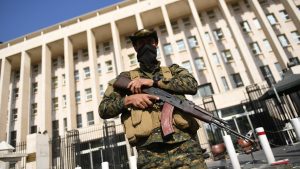
The problem there is al-Sharaa’s grip on Syria. He has 30-40 thousand men under arms. That is a small force for a country like Syria. And he is far from controlling the entire country. In the meantime, the Israelis have done what they can in order to destroy Syrian armed strength because Syria has been a dangerous rival to Israel for decades. And Israel took the opportunity to destroy whatever equipment and whatever in the Syrian arsenal it could, and that weakens al-Sharaa even further. But then there is the Trump administration’s interest in all of this. And it is very much in line with Saudi policy, especially, but also that of Qatar. And for the Trump administration, the principal element there is not security; security is important, but the real interest there is business. Saudi Arabia has committed to $600 billion in investments in the United States, including in Boeing, the aircraft manufacturer. Qatar has agreed to $243 billion in investments. Both of those countries, especially Saudi Arabia, have an interest in seeing a stable Syria. And Trump has said, “Well, you know the Israelis are concerned at our rapprochement with the Syrian regime, but we didn’t ask Israel.”
Wyoming Star: If I remember correctly, the Qatar plane that they gave to President Trump, Air Force One, was a Boeing plane.
Zach Levey: Yes, it was Boeing. And you know that certainly raised eyebrows in the United States. But those $400 million are small change compared to the deals that Trump is moving toward sealing with Riyadh and with Doha.
Wyoming Star: There have also been talks about developing AI capabilities for those countries.
Zach Levey: That’s part of that $600 billion investment. And all of this is also part of the Trump administration’s ambition to carry out a sweeping transformation in the Middle East. And increasingly, Trump views Netanyahu’s government as an obstacle and not an asset.
So the United States and Saudi Arabia and Turkey wish to see and ensure that Syria becomes a moderate force in the region, certainly one that has moved away from its alliance with Iran. Trump would like to see Syria under conservative Arab sway.
And of course you should view this in historical terms going back to at least the 1970s when US administrations recognized that Syria was key to the region. And then in the 1990s, the Clinton administration’s view that Syria was the key to peace in the Middle East, and Clinton strongly urged Israeli governments to attempt to reach a peace treaty with Syria. And it was always for the United States, Syria first rather than the Palestinians. And of course there were ups and downs in the US-Syrian relationship over decades. And so with the fall of Bashar al-Assad’s regime, the United States again viewed matters as perhaps promising in Syria and saw an opportunity. Because when Hafez al-Assad died and his son Bashar took over, the hope was that Bashar al-Assad would be a reformer. The West viewed him initially very favorably, and then, of course, he brought about a brutal regime, and civil war ensued. And there was a tremendous Russian influence in that country because the Russians under Putin saved Bashar al-Assad’s regime.
And so now Ahmed al-Sharaa seems to be the hope for a very different Syria. But I would not attribute all of this to an idealism in the Trump administration. It is, rather, as I mentioned earlier, very much opportunism.
For Israel, of course, it is neither; it is a great matter of security concern. And Israel has no interest in seeing a strengthened Syria. There’s an irony here, and that is that for Israel, it was much easier to deal with Assad. The brutality of that regime was not a great concern for the Israeli government, the Israeli public perhaps, and the media. But the Israeli government considered the Assad regime an element with which it could deal, and of course there were agreements, both tacit and explicit, between Israel and Russia over conduct in Syria. And now Israel has to deal with an element such as Turkey, which has its own ambitions in Syria. And for now, Erdogan seems to be in basic agreement with the thrust of US policy there.
Wyoming Star: But do you see any chance of the US reviving the Abraham Accords by adding Syria?
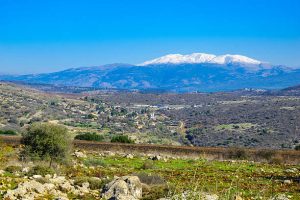
Zach Levey: Absolutely. We have not even mentioned that it’s understood that Trump would like to bring Syria into the Abraham Accords, and that would seem to make sense on the face of it, but there are a couple of issues there. And that is the governments, the Arab governments that are partnered to the Abraham Accords, are stable, and Syria is anything but stable. And Israel is unhappy about concessions that it might have to make, including, for example, and obviously, giving up the slice of territory that it occupies in western Syria on the Israeli border, which Israel seized for security reasons, including the high point of Mount Hermon, which, of course, is in Arabic – Jabal al-Shaykh, and other elements that would constitute a compromise on Israel’s part.
Wyoming Star: But wouldn’t it be profitable for Israel to help Ahmed al Sharaa to secure his position as the leader of Syria, stabilizing his regime and making him a secure actor in the region?
Zach Levey: I would think so, but that’s not the way the Netanyahu government thinks.
Wyoming Star: Is it the influence of the right wing or his own convictions?
Zach Levey: This is the entire right wing, which is very militant and, in security affairs, very single-minded, very hawkish, not particularly creative, and that is an understatement, and unwilling to take any kind of risk and to raise anything controversial before the Israeli public. Because more than 80% of Israel’s public really is right-wing, and those among those 80% who are not right-wing are certainly militant in security terms. So it seems unlikely that the Netanyahu government would open up a real dialogue with Syria. In the meantime, the Israeli government has made clear to Syria that it must guard the interests of its Druze population. Israel does have a concern for Druze. But it is also a matter of cynicism on Israel’s part, using the Druze there as an excuse to meddle in Syria. Over the last few months, Israel has carried out so many strikes in Syria, airstrikes primarily, even in the immediate environs of Damascus, in order to weaken whatever military assets the Syrian regime still has. That it’s impossible to keep track.
Wyoming Star: But can the Trump administration pressure Netanyahu to make peace with Syria in order to fulfill his own vision?
Zach Levey: Well, he can pressure Israel to back off from Syria and to cease, or at least to keep to a minimum, these strikes on that country. But the United States cannot force Israel to make peace with Syria, and it’s highly unlikely that it would move past even the first steps.
With input from Arab Center Washington DC, Al Jazeera, the Associated Press, NPR, ABC News, Atlantic Council, and Council on Foreign Relations.
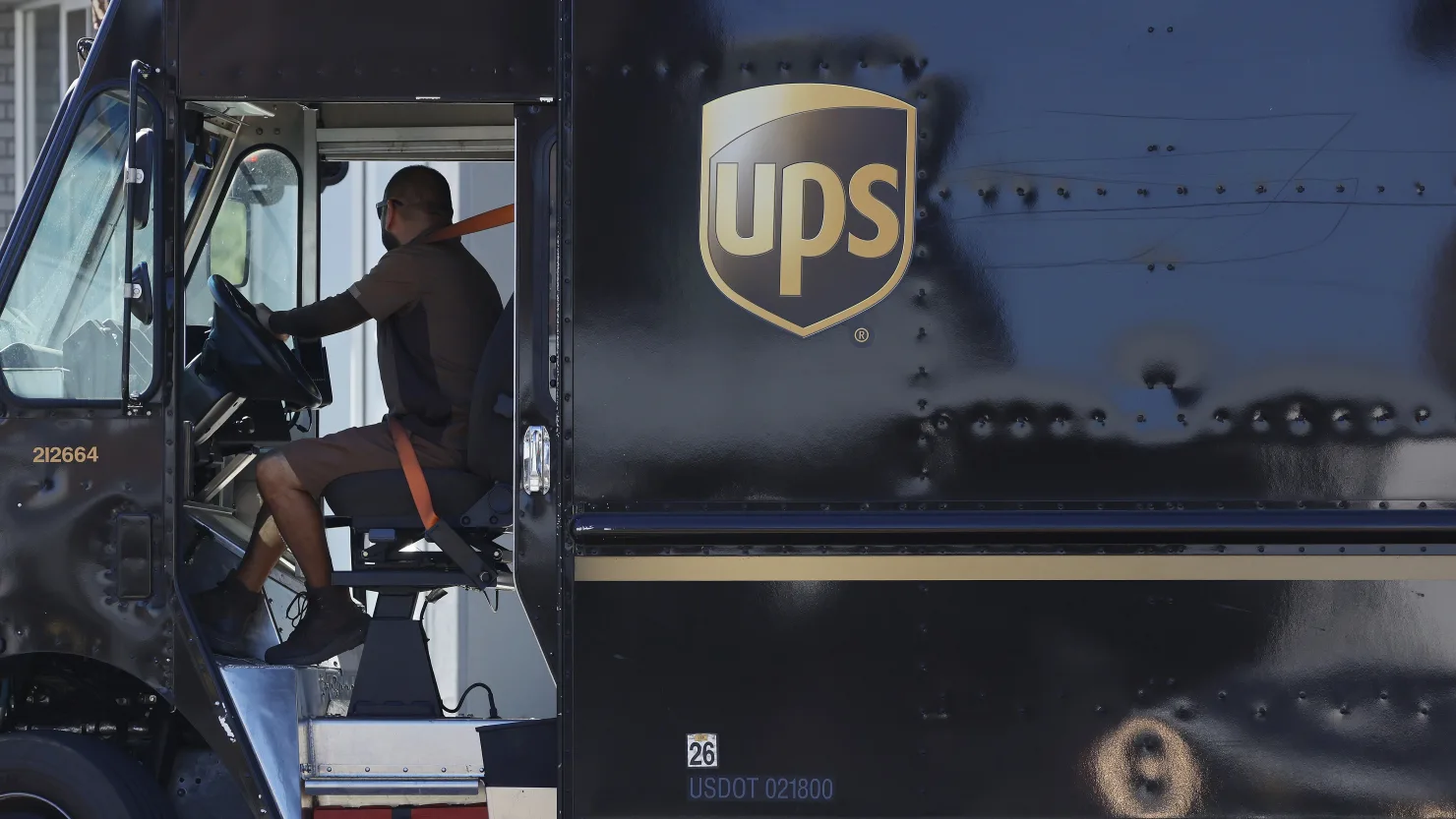


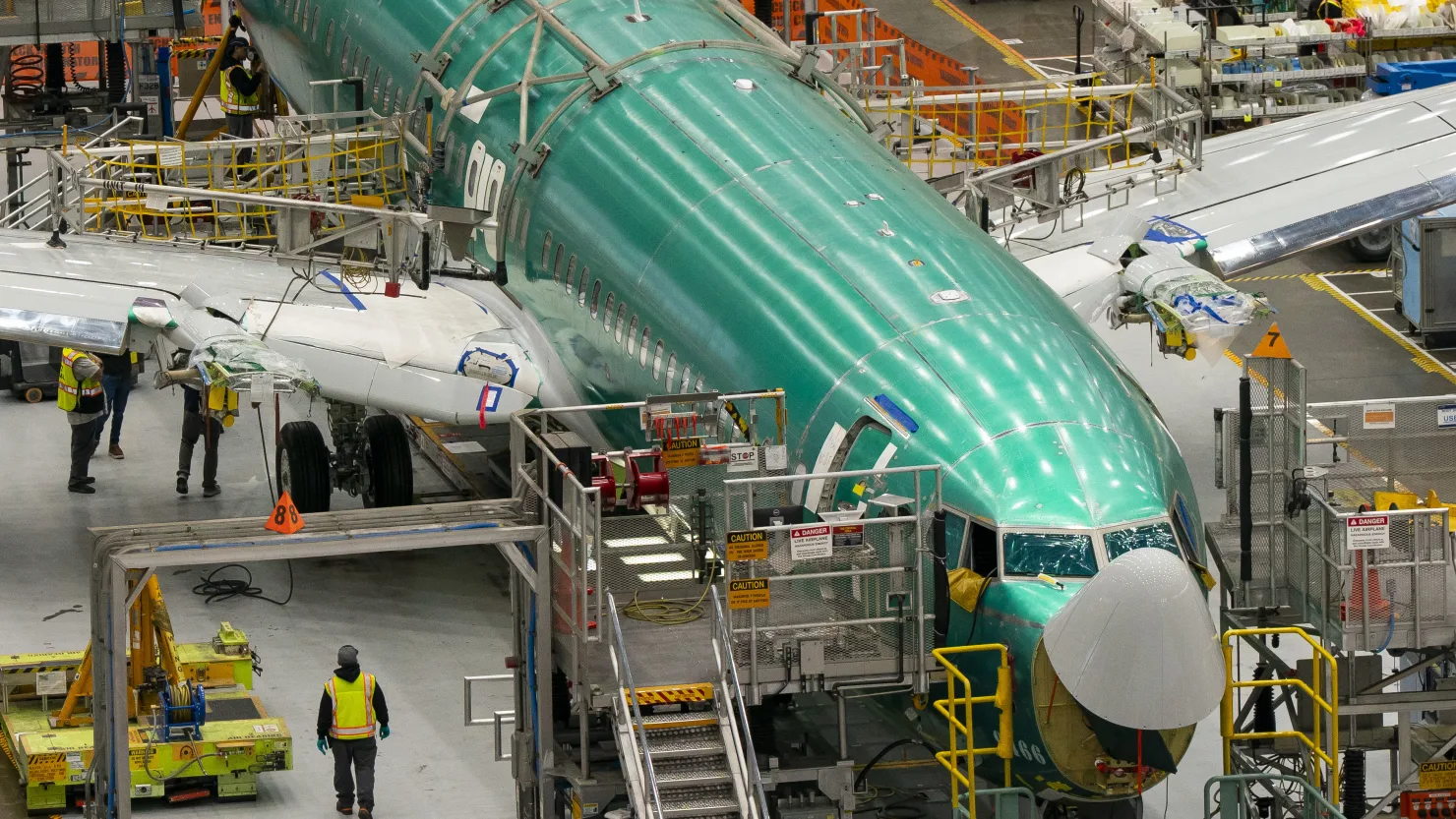
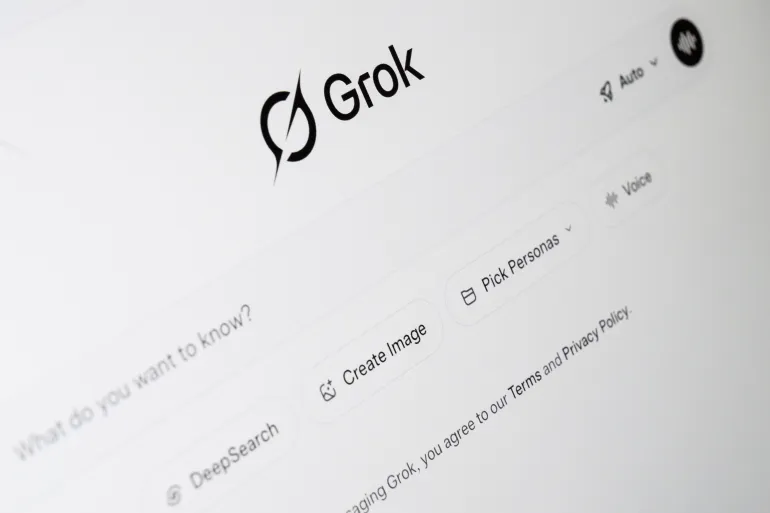
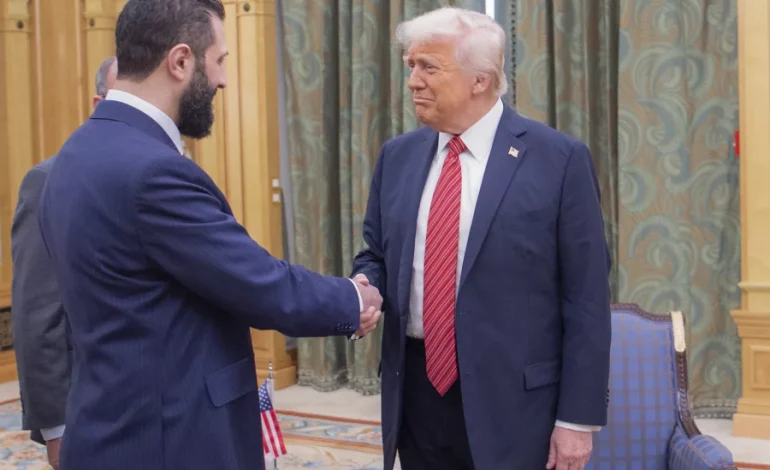




The latest news in your social feeds
Subscribe to our social media platforms to stay tuned